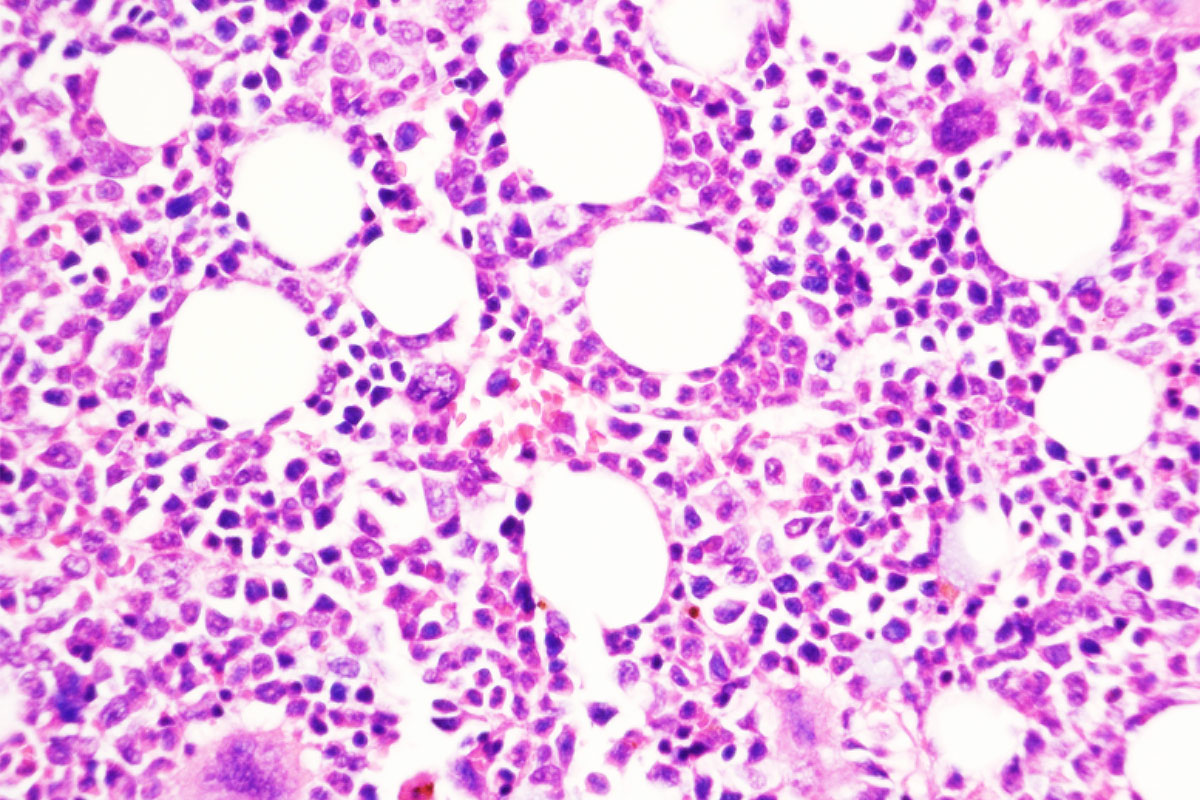Study reveals how chronic blood cancer transitions to aggressive disease
A study from Washington University School of Medicine in St. Louis suggests a strategy for preventing a chronic, slow-growing type of blood cancer from progressing to an aggressive form of leukemia.
A type of chronic leukemia can simmer for many years. Some patients may need treatment to manage this type of blood cancer — called myeloproliferative neoplasms (MPN) — while others may go through long periods of watchful waiting. But for a small percentage of patients, the slower paced disease can transform into an aggressive cancer, called secondary acute myeloid leukemia, that has few effective treatment options. Little has been known about how this transformation takes place.
But now, researchers at Washington University School of Medicine in St. Louis have identified an important transition point in the shift from chronic to aggressive leukemia. They have shown that blocking a key molecule in the transition pathway prevents this dangerous disease progression in mice with models of the disease and in mice with tumors sampled from human patients.
Gabrielle’s Angel Foundation is proud to have contributed funding to this important work! For the full article, click here.
